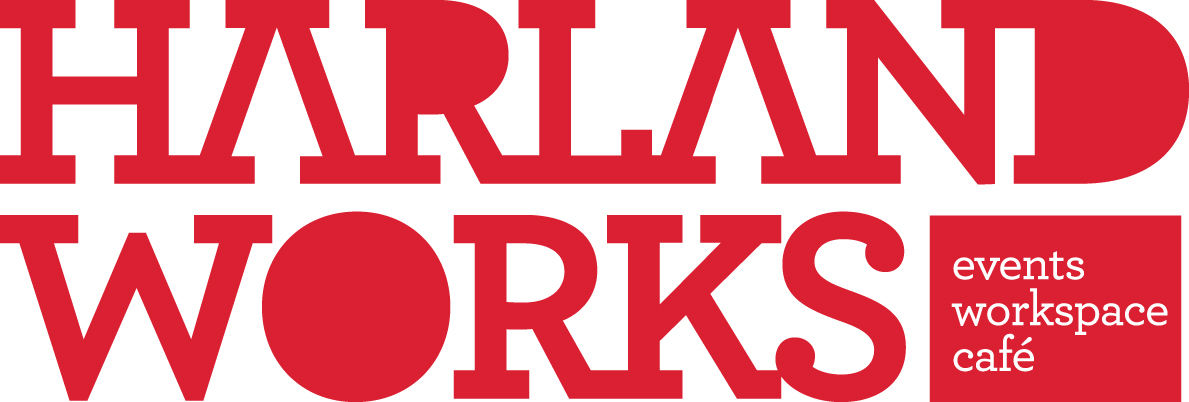Resilience
Change is hard. Knowing how much I struggle to make any plan to change, and stick to it, I am in awe of those who’ve successfully made big changes in their lives or businesses.
One of the things that makes change more possible is being able to try again when you fail. If you can see a bit of failure along the way as inevitable, rather than proof of your individual failings and general inability to change, it can take some of the sting out of things, and hopefully allow you to pick yourself up and try again.
Research shows that it’s this ability to switch to an more optimistic, or hopeful outlook, that can really help people find the stamina to make difficult changes (which, lets face it, is most changes!).
So, if feeling hopeful about your ability to change helps, how do you manage when you don’t feel hopeful?
This video captures a discussion I had with David Hitchmough. I met David in the volunteer WhatsApp group for the FoodHall last year. He has both personal and professional experience of making change more possible by building a more hopeful, or (in the jargon) ‘resilient’ approach.
We originally connected over a shared interest in the work of Dr Laurie Santos, a professor of psychology at Yale who runs Yale’s most popular course ever on the Science of Happiness. Originally designed to help her students who had rocketing levels of stress and anxiety, it spells out the practical steps that you can take to build a less anxious and happier life - and hint, it’s not about worrying about your grades or getting the best paid job.
David is interested in helping more people understand the practical steps they can take in their own lives and provides wellbeing support for people through FoodHall and also Men Up North. He is planning to come and do a talk soon at Harland Works - if you’d like to get an invite when we do the talk, join the Harland Works mailing list here to be sure to be notified.


